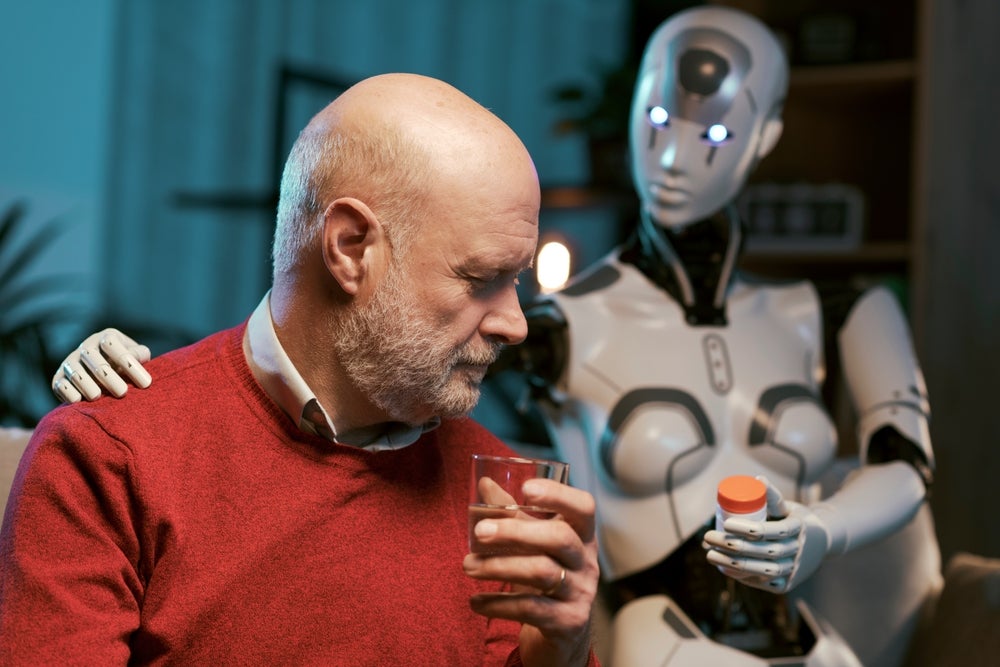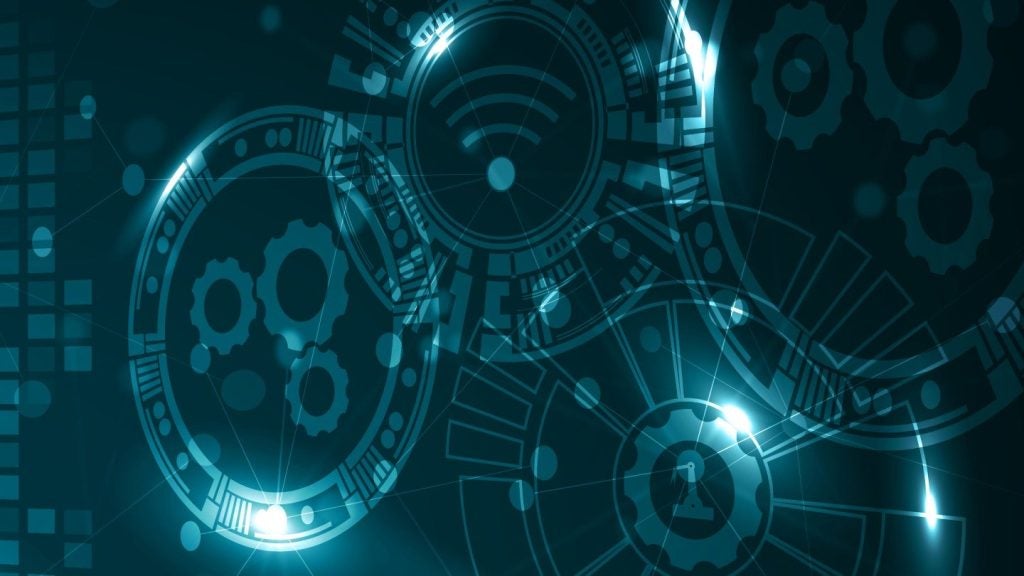“Thank you very much, Mr. Roboto
For doing the jobs that nobody wants to”
So wrote the Chicago-based band Styx in their synth-rock 1983 hit “Mr. Robot”. The song’s view of Japan may not be entirely modern, but the predictions about the role of automation and robotic performance of routine tasks point the way to best practice when it comes to current technology trends such as AI and Robotic Process Automation (RPA).
Robotic Process Automation a threat to humans?
A Skynet-powered apocalypse is the Sci-Fi view to the ultimate fate of embracing AI and robots. Fortunately, AI and automation are a long way from enabling such a scenario. In the present, there is a very real human impact of automation of everyday tasks. GlobalData’s research has highlighted the fear of being replaced by robots and AI technology as a genuine fear among workers. With the rise of self-service supermarket checkouts, and an only recently ended writers’ strike in Hollywood in-part caused by anger at the potential use of AI in screenwriting, these fears hardly seem far-fetched.
Gary Barton, Research Director for Enterprise Technology and Services at Global Data stated: “We have already seen automation in the form of AI-powered chatbots make a significant impact in customer contact. Most of us have experienced using a chatbot in an e-commerce environment, whether that is banking or customer support for an online retailer or a service provider such as a telco or a utilities company. Businesses are using chatbots to increase ‘call’-handling capacity, particularly out of hours, but chatbots are also being used to cut down on costs by reducing the number of human agents employed in contact centers.”
Positive as well as negative change in the new technology revolution
Generative AI and automation technology are at the vanguard of a new revolution in the way we do work. This does mean that there will be change – and not all of it will be easy. But the new technology can also enhance the user experience for workers.
How well do you really know your competitors?
Access the most comprehensive Company Profiles on the market, powered by GlobalData. Save hours of research. Gain competitive edge.

Thank you!
Your download email will arrive shortly
Not ready to buy yet? Download a free sample
We are confident about the unique quality of our Company Profiles. However, we want you to make the most beneficial decision for your business, so we offer a free sample that you can download by submitting the below form
By GlobalDataBarton continues: “Within contact centers, we have seen that the automation of monotonous tasks such as password resets or balance enquiries can improve the working day for human agents. This frees up agents to deal with customers’ more complex queries and even potentially lucrative requirements. Depending on the mood of the person calling in(!), this sort of engagement tends to be more fulfilling for contact center workers.
Barton also notes that the positive impact of automation can be seen regularly outside the contact center: “Collaboration solution providers such as Microsoft, Cisco, and Zoom have all highlighted automated transcription of online meetings as a key automated AI use case. This is now developing to use of AI to generate action points automatically and to offer live translation. AI is also enhancing data searches – indeed, GlobalData itself is already exploring how AI can further enhance the usability and value of its datasets.”
Fully automated and AI-Assisted
The full potential of AI and automation has yet to be truly understood. New use cases are being developed, and future generations of AI will open up further possibilities.
Barton concludes: “The early stages of AI and automation have suggested that the most valuable use cases for AI will be where it enhances human behaviour – by helping businesses and governments to make more informed decisions. In the workplace, AI will be able to guide employees through more complex tasks or suggest the most relevant datasets, whether that is to a lawyer, a doctor, or even a lowly analyst.
“Robotic process automation will indeed take over some tasks, but many of these will be tasks that humans don’t want to do – either because they are unpleasant, or, more likely, because they are repetitive and just plain boring”.
So perhaps Styx were right after all, we will have reason to say “domo arigato, Mr. Roboto”.








